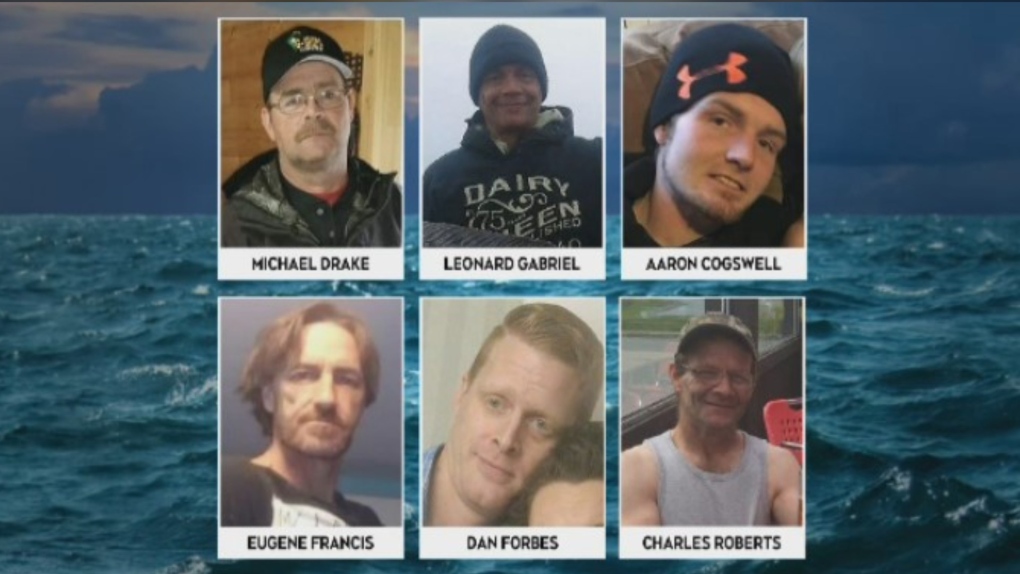
Transportation Safety Board report on sinking cites lax federal rules on stability
CTV
A Transportation Safety Board of Canada report has linked the fatal sinking of a Nova Scotia scallop dragger in 2020 to years of federal inaction on the imposition of stricter stability standards for fishing vessels.
A Transportation Safety Board of Canada report has linked the fatal sinking of a Nova Scotia scallop dragger in 2020 to years of federal inaction on the imposition of stricter stability standards for fishing vessels.
The report released Wednesday says the Chief William Saulis should have been tested for stability, given the fact that major changes had been made to the boat by its owners. They had added a heavy, A-frame structure for scallop dragging, a protective plate to the boat's stern, and covers to close drainage holes.
On Dec. 15, 2020, the modified vessel capsized in the Bay of Fundy during a gale as it returned to its home port in Digby, N.S. All six crew on board died.
The independent agency says Transport Canada inspectors during a 2017 visit didn't tell Yarmouth Sea Products Ltd. that the modifications to the boat were stability "risk factors," which were defined in a federal safety bulletin and questionnaire.
It says these factors "would have required a stability assessment" by a naval architect, who would have produced written guidelines for the crew on how to safely load the vessel.
Transport Canada has told The Canadian Press that federal rules at the time didn't mandate stability assessments after vessels are modified. That rule was brought in three months after the inspection of the Chief William Saulis.
However, the board made clear in its report and during Wednesday's news conference that it has long urged a stricter law on stability assessments and that Transport Canada hasn't complied.

 Run 3 Space | Play Space Running Game
Run 3 Space | Play Space Running Game Traffic Jam 3D | Online Racing Game
Traffic Jam 3D | Online Racing Game Duck Hunt | Play Old Classic Game
Duck Hunt | Play Old Classic Game